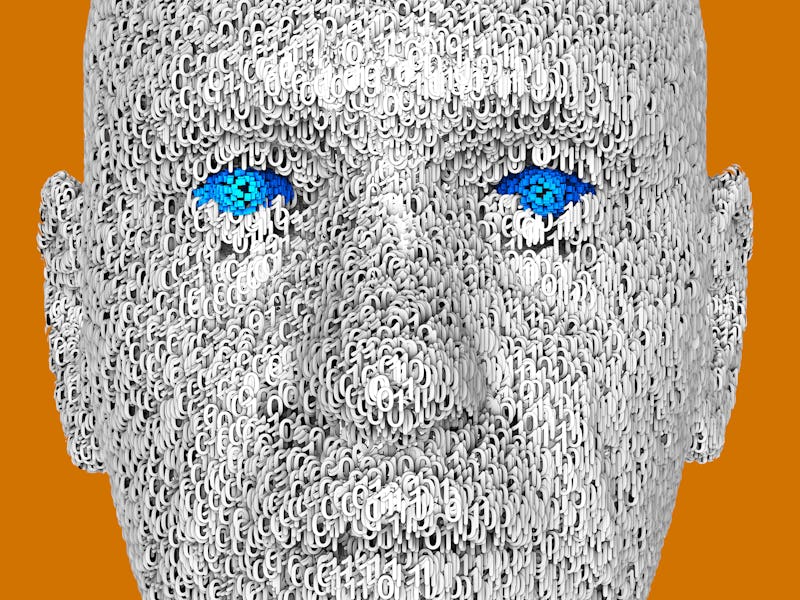To master new skills, follow these 4 psychologist-backed tips
Expert musicians practice deliberately to master new skills. Their technique can be applied to anything.

The ten-thousand hour rule, made famous by Malcolm Gladwell in his 2008 book Outliers hasn’t aged well. In 2019, the scientist behind the study that inspired that rule explained that if you really want to master a skill, it’s not about the number of hours you practice your chosen skill, it’s about how you practice.
In September, Karl Anders Ericsson, Ph.D., a psychologist at Florida State told Inverse that the best way to learn something new is to practice deliberately. That assertion is based on his research, which looked into the practice habits of music students at the Music Academy in West Berlin, (that research also inspired Gladwell’s 10,000-hour rule). He has written about that study in the Harvard Business Review, and applied his findings to domains as diverse as surgery and chess.
Inverse is counting down the 25 biggest stories of human potential of 2019. This is #1.
“So this idea that if you’re driving for 10,000 hours — or you’re a teacher who did 10,000 hours of teaching — the act of just doing it, there’s compelling evidence it doesn’t improve your performance,” he told Inverse.
The art of practicing deliberately isn't just about time, it's about how you use that time.
Instead, Ericsson notes that there are a few habits that the most competent musicians in his study did religiously. They used their time in the best way possible to make those 10,000 hours actually count.
Firstly, they practiced in short periods of intense focus. The well-trained musicians could maintain their focus for about an hour. For beginners, he suggests that you start with 15 to 20 minutes of undisturbed practice.
What should you do during those 15 to 20 minutes? From there, Ericsson suggests you try to get some kind of instruction or coaching, but if you don’t have a teacher or a coach, he suggests that you talk out loud to yourself. If that isn’t your style, you can also write down where you made mistakes, and what about them you found so hard.
Ericsson also found that the musicians were often working towards a deadline — usually some kind of concert of other performance. In the days leading up to that performance, they tended to put in a bit more effort with that public appearance looming.
He suggests that you also work toward a deadline if you want to practice deliberately. That deadline doesn’t have to be performative, but setting a date can help keep you on track.
Lastly, he suggests that you don’t push yourself too hard. Driving yourself to the edge of your sanity is a great way to make you lose the passion for what you’re trying to learn in the first place.
Keep your focus. But don’t lose the joy in what you’re trying to do.
As 2019 draws to a close, Inverse is revisiting 25 striking lessons for humans to help maximize our potential. This is #1. Some are awe-inspiring, some offer practical tips, and some give a glimpse of the future. Read the original article here.